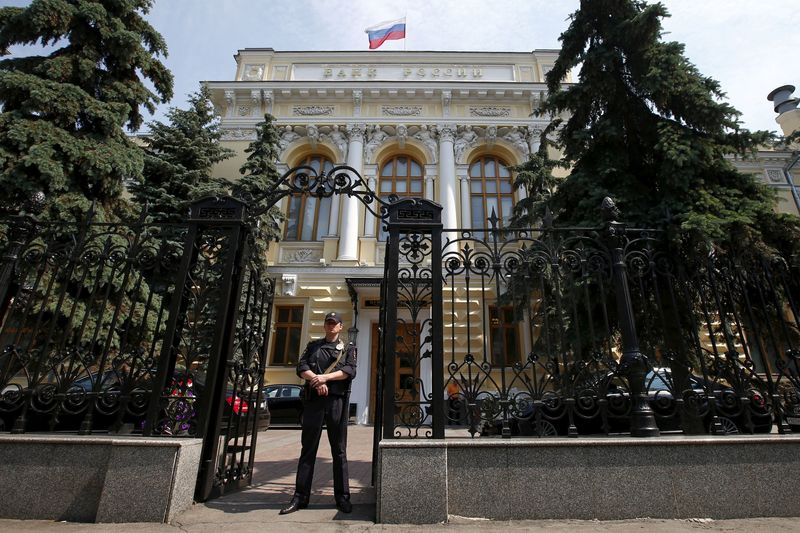Surplus will not help Russian economy
2022.12.09 11:01
[ad_1]

Surplus will not help Russian economy
Budrigannews.com – The Russian central bank reported on Friday that Russia’s current account surplus more than doubled from $108.6 billion in January to $225.7 billion in November, providing much-needed fiscal wiggle room as the country’s economy enters 2023 on unstable ground.
This year, Russia is on target to post a record high current record excess after its imports of labor and products fell because of Western approvals while internationally high item costs supported its commodity incomes.
According to the Institute of International Finance, the majority of the rise is due to exports rather than import compression.
The central bank stated that imports are gradually recovering after a sharp decrease. The surplus is likely to decrease in 2023 as an export embargo and cap on oil prices take effect.
That drop could put even more pressure on Russia’s economy, already struggling with low consumer demand, falling disposable incomes, and the effect that President Vladimir Putin’s partial mobilization order has had on the number of workers.
This week, the government expressed concern that nationwide labor shortages could jeopardize Russia’s ability to sustain its economic recovery in the coming months.
More US PPI above expectations in November-Report
Evgeniy Nadorshin, chief economist at PF Capital, stated at a debt market conference, “Mobilization is the factor that will significantly and radically worsen the situation next year.”
According to Nadorshin, Russia’s economy is doomed to see a decline in productivity, as well as a decline in investment and consumption, resulting in a 5-10% decline in GDP by 2023.
He continued, “We are dealing with the second toughest crisis in the 21st century at best.” I don’t see any hope for growth after the recession ends, and domestic consumption and GDP are both down at least 10 years.
Analysts and officials have been gradually increasing GDP forecasts for 2022, indicating that Moscow’s actions in Ukraine will be restricted, resulting in a contraction that will be less abrupt but last for longer than initially anticipated.
Economists at Alfa Bank predicted a 6.5% decline in GDP next year, anticipating declines in investment and demand. The ministry of the economy anticipates a 0.8% decline.








